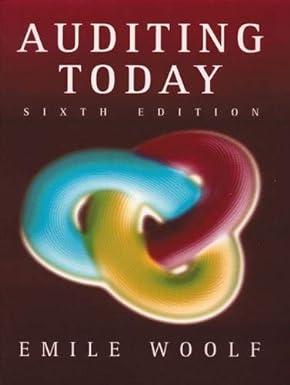








Check my work Part (a): It is said that the Indian who sold Manhattan for $40 was a sharp salesman. If he had put his $40 away at 5% compounded semiannually, it would now be worth more than $7 billion, and he could buy most of the now-improved land back! Assume that this seller invested on January 1, 1701, the $40 he received. (Enter amounts in whole dollars, not in billions. Round final answers to nearest whole dollar amount.) 0.25 points eBook References Required: 1. Use Excel to determine the balance of the investment as of December 31, 2018, assuming a 5% interest rate compounded semiannually. (Hint. Use the FV function in Excel.) 2. Use Excel to determine the balance of the investment as of December 31, 2018, assuming an 6% annual interest rate, compounded semiannually. (Hint. Use the FV function in Excel.) 3. What would be the balances for requirements 1 and 2 if interest is compounded quarterly? 4. Assume that the account consisting of this investment had a balance of $7.5 billion as of December 31, 2018. How much would the total amount be on December 31, 2024, if the annual interest rate is 6%, compounded semiannually? Part (b): In 2000, a star major-league baseball player signed a 10-year, $268 million contract with the Texas Rangers. Assume that equal payments would have been made each year to this individual and that the owner's cost of capital (discount rate) was 7% at the time the contract was signed. What is the present value cost of the contract to the owners as of January 1, 2000, the date the contract was signed, in each of the following independent situations? (Use Table 1 and Table 2.) (Round your answers to the nearest whole dollar amount and not in millions.) Required: 1. The baseball player received the first payment on December 31, 2000. 2. The baseball player received the first payment on January 1, 2000, the date the contract was signed. 3. Assuming the owner is in the 37% income tax bracket, calculate your answer for requirement 1. Use Excel to determine the balance of the investment as of December 31, 2018, assuming a 5% interest rate compounded semiannually. (Hint: Use the FV function in Excel.) Balance of the investment What would be the balances for requirements 1 and 2 if interest is compounded quarterly? Balance of the Investment 5% interest rate compounded quarterly 6% annual interest rate, compounded quarterly Assume that the account consisting of this investment had a balance of $7.5 billion as of December 31, 2018. How much would the total amount be on December 31, 2024, if the annual interest rate is 6%, compounded semiannually? Total amount The baseball player received the first payment on December 31, 2000. Present value The baseball player received the first payment on January 1, 2000, the date the contract was signed. Present value Assuming the owner is in the 37% income tax bracket, calculate your answer for requirement 1. Present value















